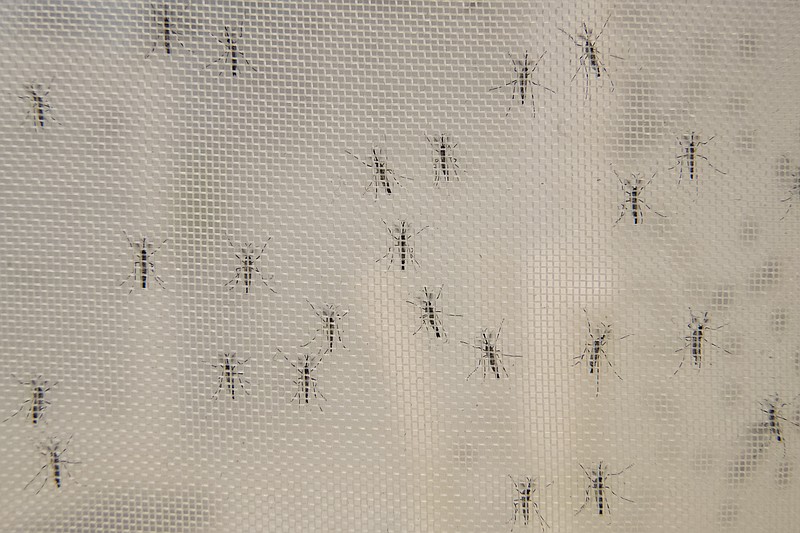As the coronavirus pandemic persists locally and nationally, area residents seek safe outdoor recreation.
Walking, running, skating, golfing, swimming, hiking, cycling. All are great recreation options and ways to avoid crowds.
But, unfortunately, the outdoors has its pitfalls as well.
Ticks and mosquitoes - two common blood-sucking parasites - both have the potential to be more than just pesky; they can transmit insect-born illnesses.
Ticks can transmit Rocky Mountain spotted fever, a bacterial illness that can cause fever, headache, abdominal and muscle pain, and vomiting. It can be fatal in rare cases. They also can transmit ehrlichiosis, a bacterial illness that causes flu-like symptoms ranging from body aches to fever.
As for mosquitoes, West Nile virus is the most common illness they spread in our state. As we recently reported, up to 80 percent of people infected with West Nile virus will not develop any symptoms, according to the Centers for Disease Control and Prevention.
Last week, St. Louis County announced its first West Nile virus case for 2020, which was also the first statewide this year.
What can you do to protect yourself?
Use products with permethrin, an insect repellent that is sprayed on clothing, gear and tents, but not directly on skin.
You also can minimize your risk of a tick-borne disease by: avoiding wooded areas; applying a repellent that contains 20 percent or more DEET; and showering and examining themselves after coming indoors.
With regard to mosquitoes, avoid going out from dusk to dawn; wear long-sleeved shirts, long pants and socks; use a repellent with DEET; and eliminate standing water, which serves as their breeding area.
You've social distanced yourself from people in an effort to not be sickened by the coronavirus. But when you go out into the great outdoors this summer - and we hope you do - take precautions against these other possible threats.
News Tribune

